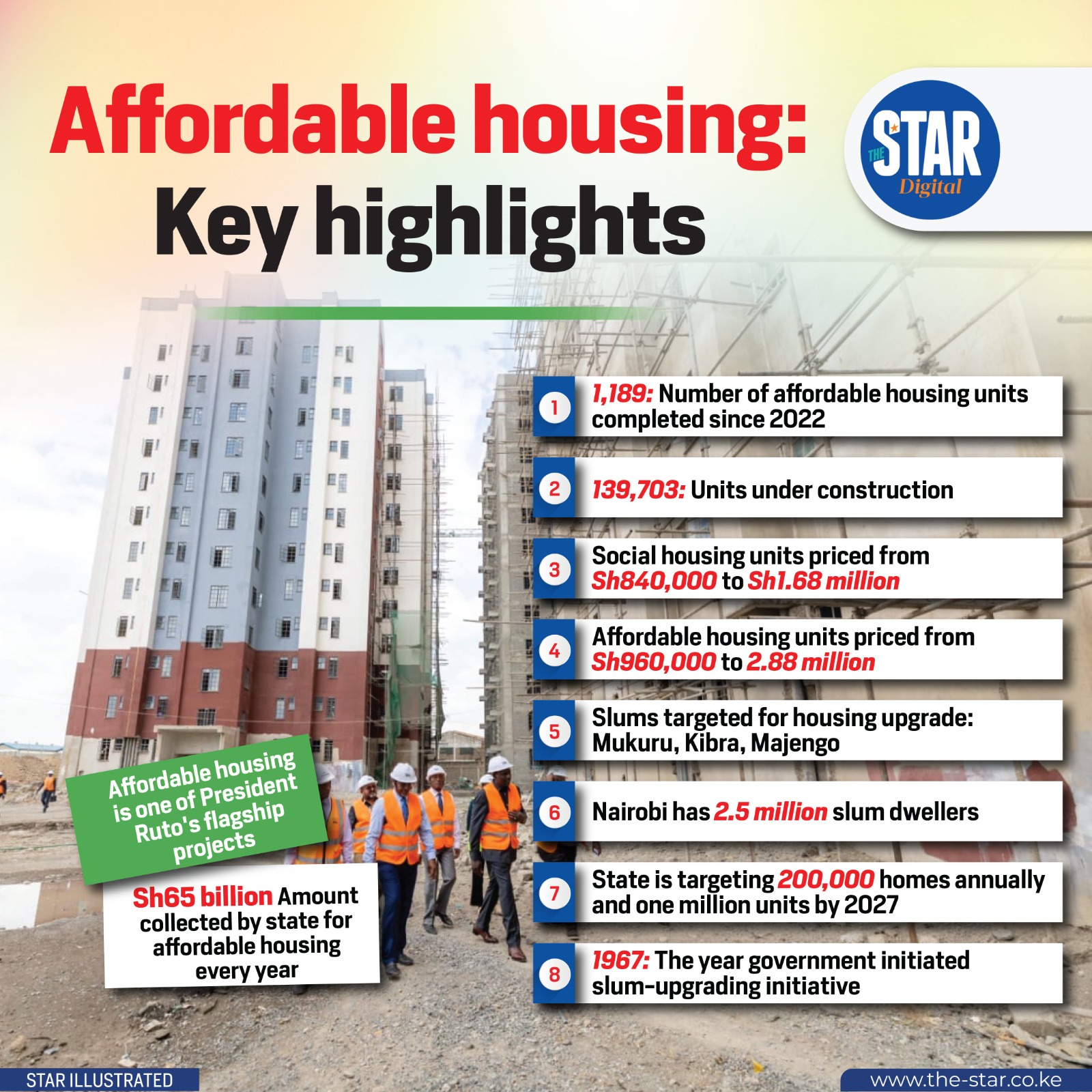Kenya’s real estate sector has seen a significant transformation in recent years, with government-backed initiatives acting as a catalyst for growth. From affordable housing programs to massive infrastructure development projects, public policies are shaping the future of real estate across the country.
The Big Four Agenda and Affordable Housing
One of the key pillars of the Big Four Agenda is affordable housing. The government aims to deliver over 500,000 housing units to meet the rising demand, especially in urban areas. Through partnerships with private developers and financing institutions, projects like Boma Yangu are creating opportunities for low- and middle-income Kenyans to become homeowners.
Infrastructure as a Catalyst for Property Value
Infrastructure development is playing a pivotal role in enhancing real estate investment viability. Roads, railways, water, and electricity projects are making previously inaccessible areas attractive for both residential and commercial development.
- Expressways: The Nairobi Expressway has boosted land and property values along Mombasa Road, Syokimau, and Athi River.
- LAPSSET Corridor: Connecting Lamu, Isiolo, and Turkana, this project is opening up northern Kenya for real estate and commercial development.
- Bypasses: Nairobi’s Eastern, Southern, and Northern Bypasses are decongesting the city and enabling satellite town growth.
Urban Planning and Zoning Policies
New urban planning frameworks like the Nairobi Integrated Urban Development Master Plan (NIUPLAN) aim to guide sustainable development. These policies provide developers and investors with clear guidelines, reducing legal hurdles and promoting organized expansion.
Tax Incentives and PPPs
The government has introduced several tax relief programs for developers engaged in affordable housing projects. Additionally, public-private partnerships (PPPs) are now widely used to co-finance and implement housing projects across the country.
- VAT exemptions: On construction materials for affordable housing.
- Corporate tax holidays: For developers meeting specific housing thresholds.
- Land provisions: County governments are availing public land for housing development.
Challenges to Consider
- Land acquisition: Bureaucratic processes still delay access to public land.
- Project delays: Funding and coordination issues can lead to delivery setbacks.
- Policy continuity: Political transitions may affect the execution of long-term plans.
Conclusion
The Kenyan government is taking bold steps to address the housing deficit, modernize infrastructure, and stimulate investment in real estate. While challenges remain, the overall trajectory is promising for both developers and investors willing to align with national goals.
For those looking to invest in real estate in Kenya, understanding government initiatives is crucial. These programs not only open up new markets but also offer financial and strategic advantages for well-informed investors.




